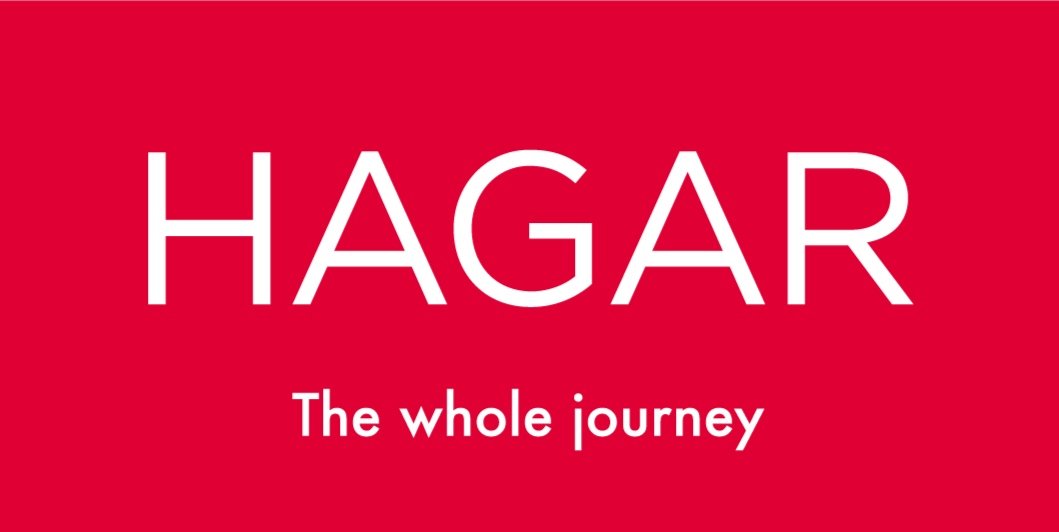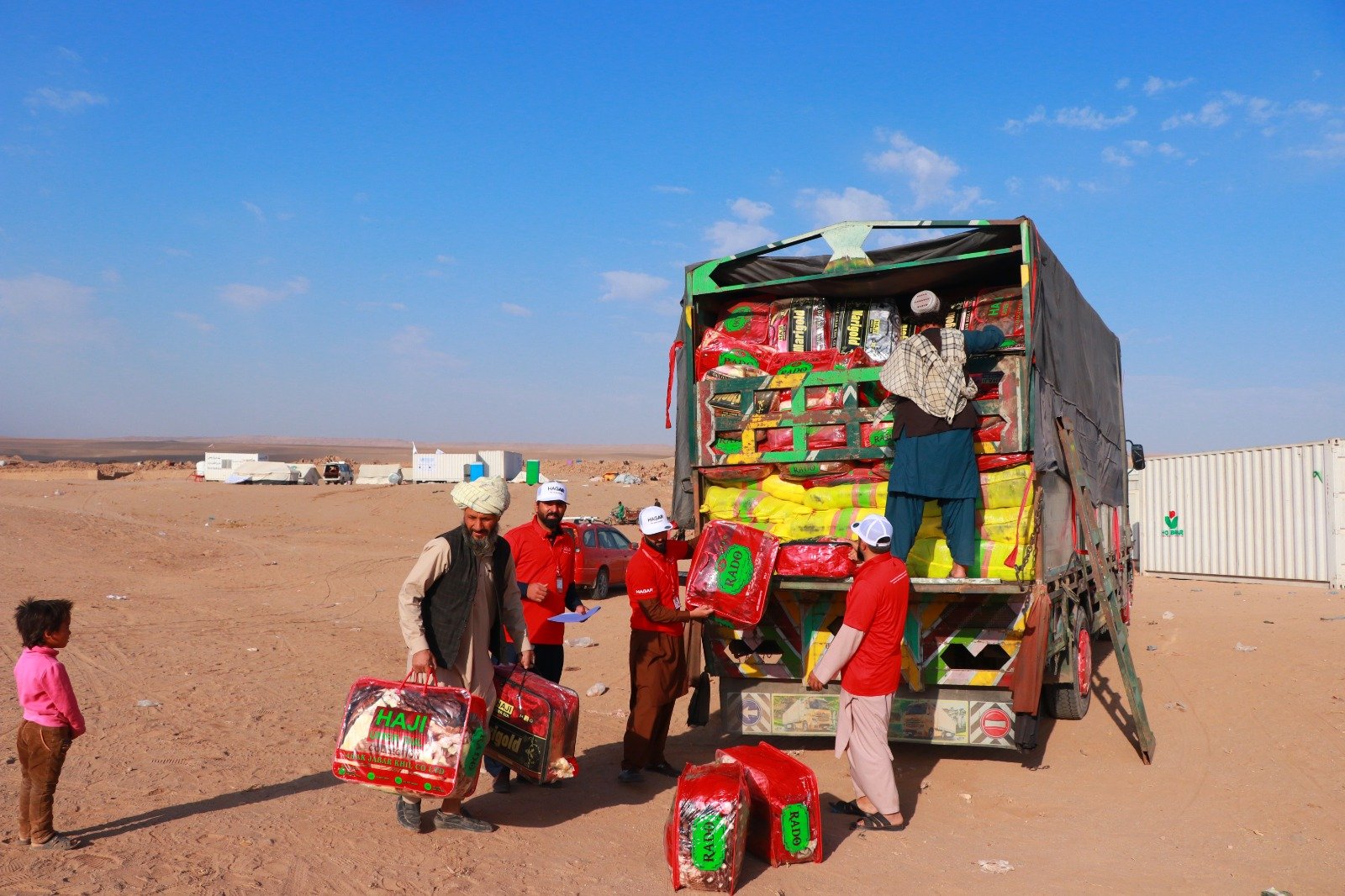Addressing the Challenges Faced by Afghan Boys
Afghanistan, a nation ravaged by conflict and political turmoil, faces an abundance of challenges that significantly impact its young male population. Today, we'll delve into the multifaceted adversities faced by these boys, encompassing displacement, educational struggles, vulnerability to modern slavery, and significant health risks.
Afghan people gather to board buses as they prepare to return home from Pakistan, at a bus stop in Karachi [Akhtar Soomro/Reuters]
Displacement and Increased Vulnerability to Exploitation
The ongoing conflict coupled with increasing food insecurity in Afghanistan has led to over 3.25 million people becoming displaced, with neighbouring countries like Pakistan and Iran hosting millions of Afghan refugees. This displacement has particularly dire consequences for young boys, leaving them more susceptible to various forms of exploitation. Displaced boys often find themselves in environments where they lack protection, making them easy targets for forced labour, human trafficking, and other forms of exploitation. According to a report by the Global Slavery Index, the lack of stability and absence of educational and economic opportunities significantly contribute to this heightened vulnerability.
The State of Education Amidst Turmoil
The educational landscape for boys in Afghanistan has deteriorated under the Taliban's regime. With restrictions on women teaching boys, there's a notable dearth of qualified educators, leaving many boys without proper schooling. The educational content, now heavily influenced by discriminatory ideologies, further hinders the development of critical thinking and equality values among students. Mental health issues, including anxiety and depression, are becoming more prevalent due to the increased stress and corporal punishment in educational settings. Various organizations have made efforts to reform and improve the education system, yet the challenges remain daunting, with a substantial portion of the youth lacking basic literacy skills, impacting their prospects.
Health Risks in the Face of Adversity
Hagar staff distributing packages following the 2023 Earthquakes.
The health challenges facing Afghan boys are profound and multifaceted. The food insecurity crisis, with nearly 8 million children facing hunger, leads to severe health conditions such as malnutrition. This nutritional deficiency not only affects physical growth but also has long-term implications on cognitive development, crucial for learning and critical thinking. Boys are also at a heightened risk of developing respiratory issues, hypothermia, and pneumonia due to weakened immune systems and extreme weather. Moreover, the psychological toll of these health issues can lead to mental health conditions like depression and anxiety. The complex health landscape for Afghan boys is exacerbated by the country's ongoing conflict, displacement issues, and limited healthcare infrastructure, highlighting the urgent need for focused health interventions.
How you can help
Hagar Afghanistan’s Forgotten No More (FNM) is at the forefront of this battle, providing vital support and resources to those most in need. However, to continue this lifesaving work, Hagar requires your support. This recovery program is dedicated to aiding survivors of gender-based violence (GBV) and trafficking in persons (TIP), as well as those at risk of these atrocities, up to the age of 18. FNM provides an all-encompassing approach to protection and care, offering essential services that include psychosocial support, healthcare, family mediation, humanitarian aid, and crucially, education. Through this program, Hagar not only addresses the immediate needs of these young survivors but also empowers them with the tools necessary for healing, growth, and rebuilding their lives with dignity and hope.


